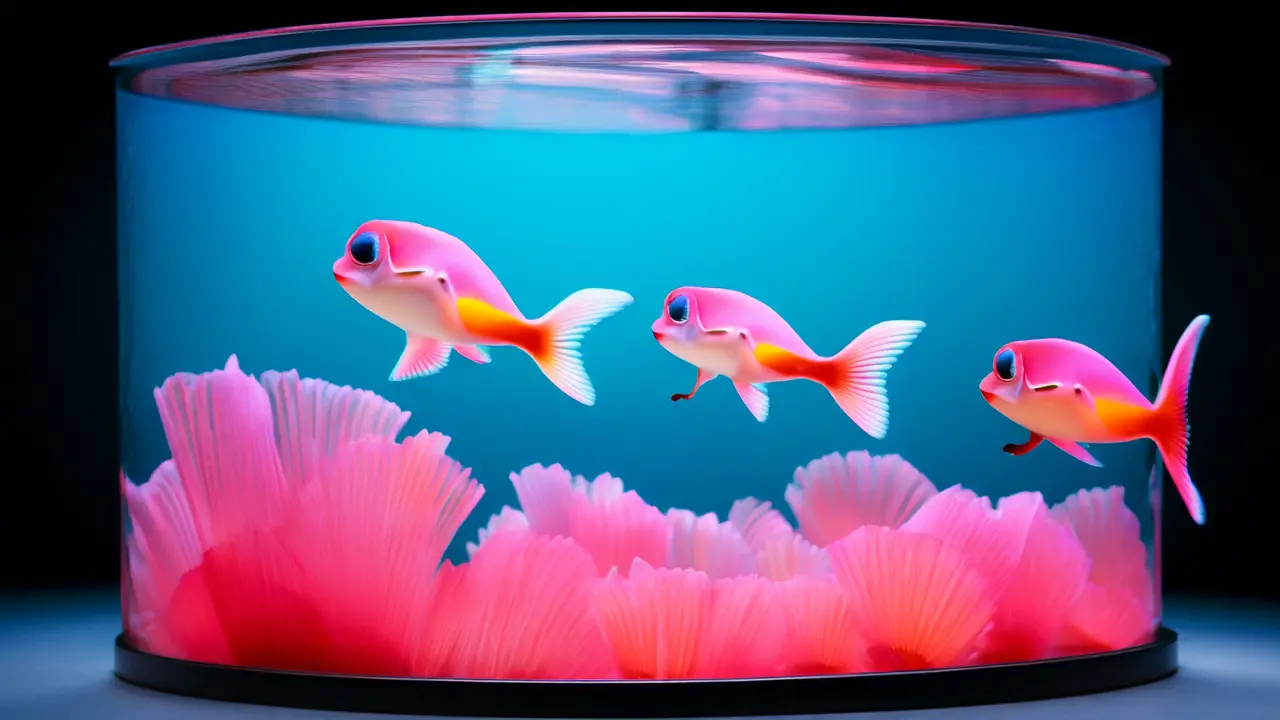Even with the perfect-sized fish tank, there are many factors that can contribute to the untimely demise of your aquatic pets. Here's a breakdown of essential tips to help you keep your fish healthy and thriving:
New Tank Syndrome
- Cycling the Tank: Before adding fish, your tank needs to establish a healthy bacterial colony to break down waste. This process is called cycling. Use a fishless cycle or add a small number of hardy fish to help kickstart the process.
- Patience: Cycling can take several weeks. Don't rush the process, as it's crucial for a healthy aquarium.
Water Quality
- Regular Water Changes: Perform weekly or bi-weekly water changes to remove harmful toxins and replenish essential minerals.
- Water Parameters: Test your water regularly to ensure it's within safe levels for your fish species. Key parameters include pH, ammonia, nitrite, nitrate, and hardness.
- Dechlorinator: Use a dechlorinator to neutralize chlorine and chloramine in tap water before adding it to your tank.
Fishkeeping Essentials
- Filtration: A good filtration system is essential for maintaining water quality. Choose a filter that's appropriate for your fish tank size and the number of fish you're keeping.
- Aeration: Provide adequate aeration to ensure your fish have enough oxygen. An air pump and airstone can help with this.
- Temperature: Maintain a consistent temperature suitable for your fish species. Use a heater if necessary.
- Lighting: Provide appropriate lighting for your fish and plants. Avoid excessive light, as it can contribute to algae growth.
- Feeding: Feed your fish a balanced diet of high-quality food. Avoid overfeeding, as excess food can contribute to water quality issues.
- Quarantine: New fish should be quarantined before being introduced to your main tank to prevent the spread of diseases.
Common Fish Diseases and Prevention
- Learn about common fish diseases and their symptoms.
- Observe your fish daily to detect any signs of illness early on.
- Isolate sick fish to prevent the spread of disease.
- Consult a veterinarian if you suspect your fish is ill.
By following these guidelines and paying attention to the needs of your fish, you can significantly increase their chances of a long and healthy life. Remember, a happy and healthy aquarium requires ongoing care and attention.


